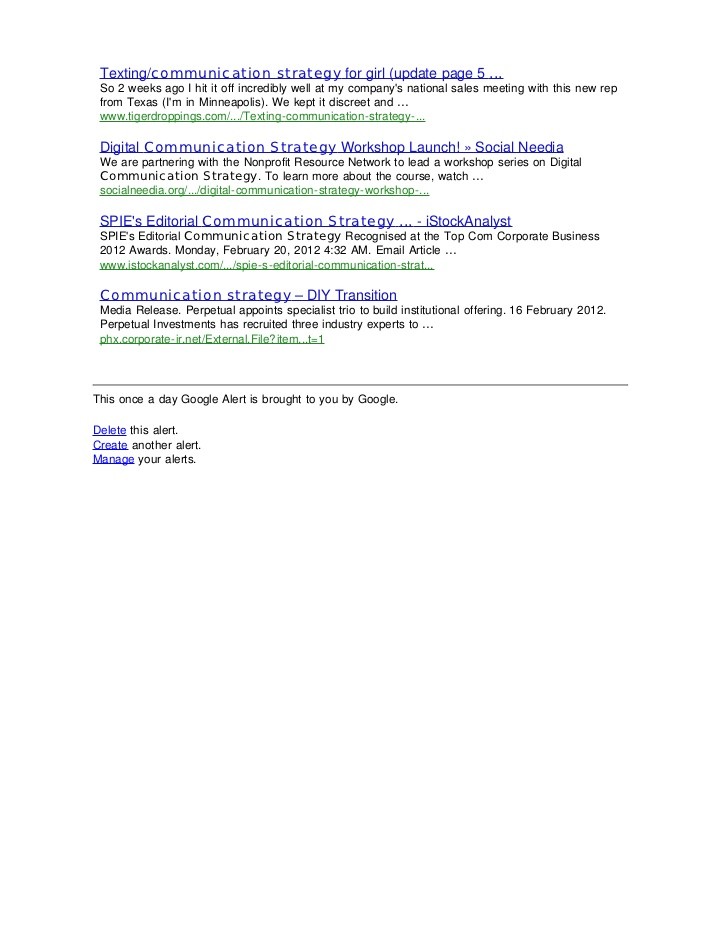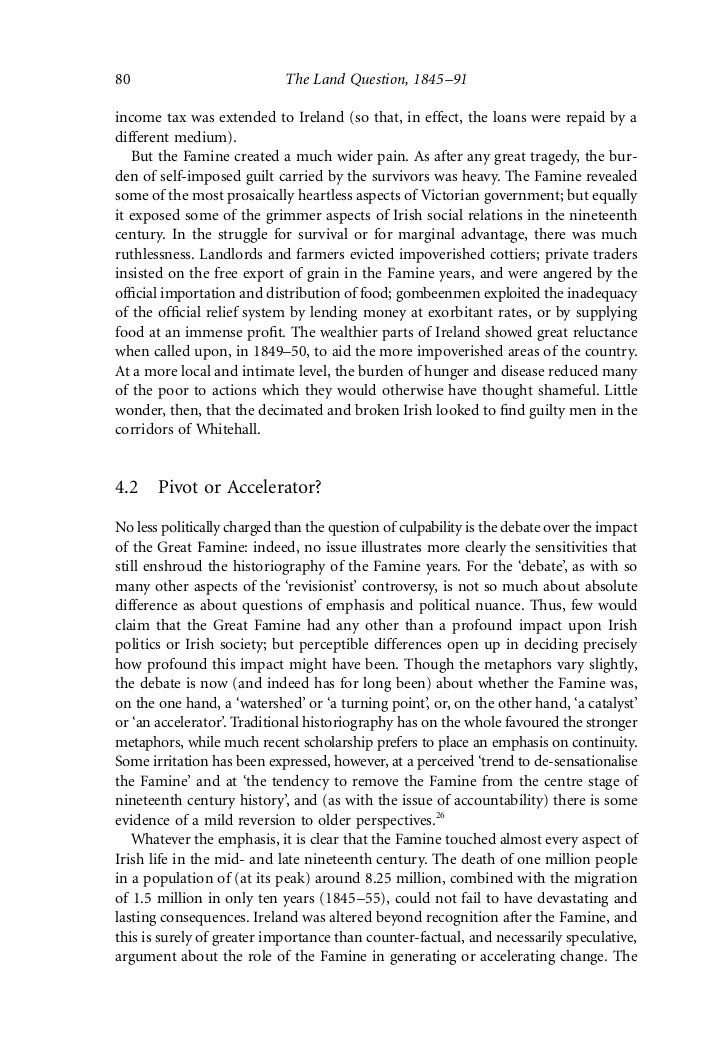Bill Jamieson Shifting focus from diversification to dividends The Scotsman
Post on: 18 Июль, 2015 No Comment

Have your say
IN A DEEPLY troubled and volatile outlook, investors wrestle with a timeless dilemma: how to increase income from equity investments while maintaining diversification by geography and sector.
This is the problem that has been preoccupying one of Britain’s most popular income-orientated investment trusts. The Edinburgh-registered £336 million British Assets Trust (BAT) held its annual meeting in George Street last week.
New manager Phil Doel, who took over from the stalwart Julie Dent in October, has had particular reason to come up with an immediate and credible solution. Its 6.112p per share dividend is uncovered. Revenue per share in the year to end-September was 5.7p. BAT, with other investment trusts, has the flexibility to maintain dividends by dipping into reserves. But it needs to replenish these reserves to ensure continuity of pay-out over the longer term. And it needs to watch its overall performance: total return over the financial year fell 5.1 per cent – greater than its benchmark.
BAT comprises four investment pools. The UK equity pool, accounting at the start of the year for 75 per cent of the portfolio, is a familiar “who’s who” of large-capitalisation, higher-than-average dividend payers: Vodafone, GlaxoSmithKline, BP, Shell, BAT and Rio Tinto. There is a Global Developed (ex-UK) pool, which began the year holding 17 per cent of assets; an Emerging Markets pool (12.7 per cent); with the balance made of corporate bonds (11 per cent) and cash (the trust is some 23 per cent geared).
What Doel has done is to step up the allocation to UK equities to 80 per cent with the allocation to the global and emerging market pools reduced to 20 per cent. The emerging markets pool will bear the brunt of the cut (falling to 7.8 per cent) while the yield from these two portfolios is expected to rise significantly. This will flow from a shift towards shareholdings in global infrastructure and utilities.
The effect of these changes will see the trust moving against the prevailing trend of income trusts in recent years to “go global” in search of income, though it could be said BAT was already ahead of events for an income fund in its asset allocation. There is now a somewhat greater geographic concentration of the fund’s assets but this is rather arbitrary given that only a third of the earnings of the FTSE All Share are generated in the UK. Adding to the idiosyncrasy is that the trust’s holding in London-registered Anglo American is in the emerging markets sub-fund. It is cited as a South African stock though its earnings are global.
Concern over concentration is slightly relieved considering that the international sub-funds are managed through a different, grid-based investment approach to the UK portfolio. This gives BAT a touch of multi-manager investment diversity, though management of the UK fund and overall asset allocation are firmly under Doel.
Doel is under no illusions about the outlook for equity markets in 2012, greatly overshadowed as they are by the eurozone sovereign debt crisis. This shows every sign of intensifying in the coming weeks and months. Against this backcloth, earnings-based valuations may look modest, he warns in the annual report, but the risk is that expectations are still too optimistic.

However, there is a notable swing towards dividend pay-outs both in the US and increasingly across Asia–Pacific, where dividend income considerations have not been accorded much priority till now. The emphasis in global investment culture has been on capital growth. But across the global economy there has been a marked downward adjustment in growth expectations over the medium term. This is no benign, short-term cyclical downturn of the type experienced in the run-up to the global banking crisis but something much more complex and long-lasting. The “solution” of easy resort to fiscal stimulus is no longer available, even assuming it was ever a solution to the problem, as opposed to a malign addition.
All this said, however, Doel does expect to see increasing shareholder returns through both buybacks and dividend growth. This is particularly important for a trust with an income focus, such as BAT.
BAT shares stand at 115.6p, on a discount to net assets of 2.46 per cent and yield of 5.29 per cent. That, as Winterflood analyst Simon Elliott points out, is attractive in the current low interest rate environment and the changes to the portfolio to increase the dividend cover level “are promising”.
The changes are intelligent and well thought out in the circumstances. Today we are rediscovering the importance of dividend income in overall investment return (and re-invested income in particular). BAT’s popularity with investors rests on its performance as a consistent dividend earner. It has held or increased the dividend pay-out over the past 12 years – creditable considering that we have been in a bear market for most of this period.
The outlook from here, as Doel well appreciates, is no better. Faced with the daunting prospect of a full-blown financial crisis in the eurozone, concentration on strong, well-capitalised “staple industry” dividend payers, and strengthening those revenue reserves, is absolutely the right policy.














